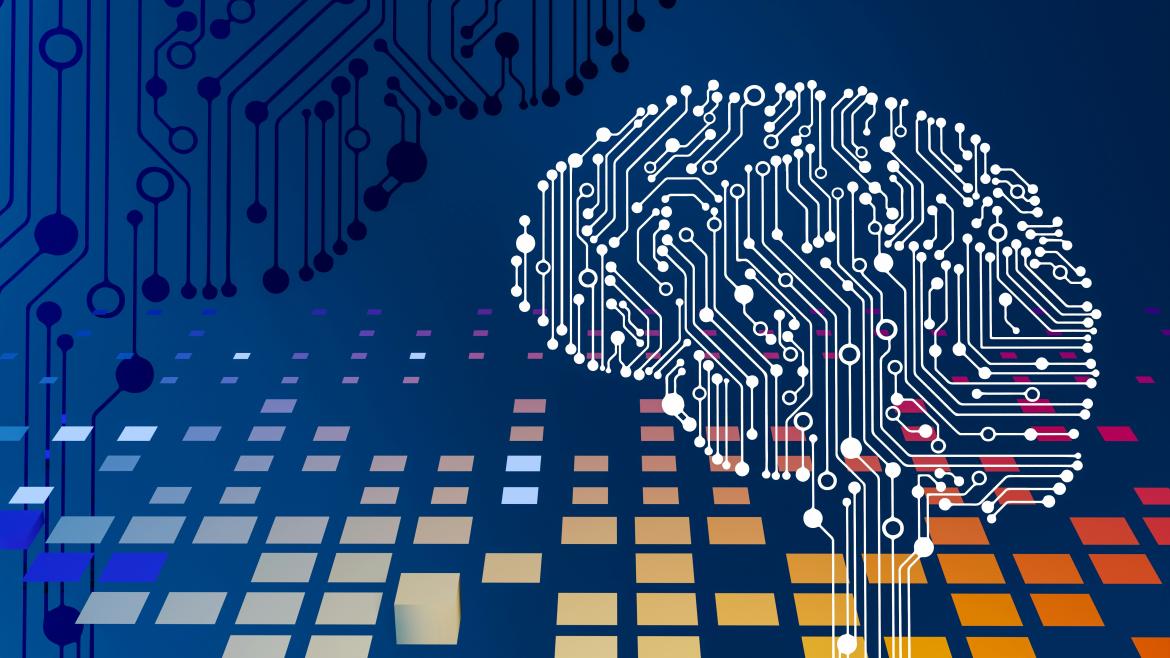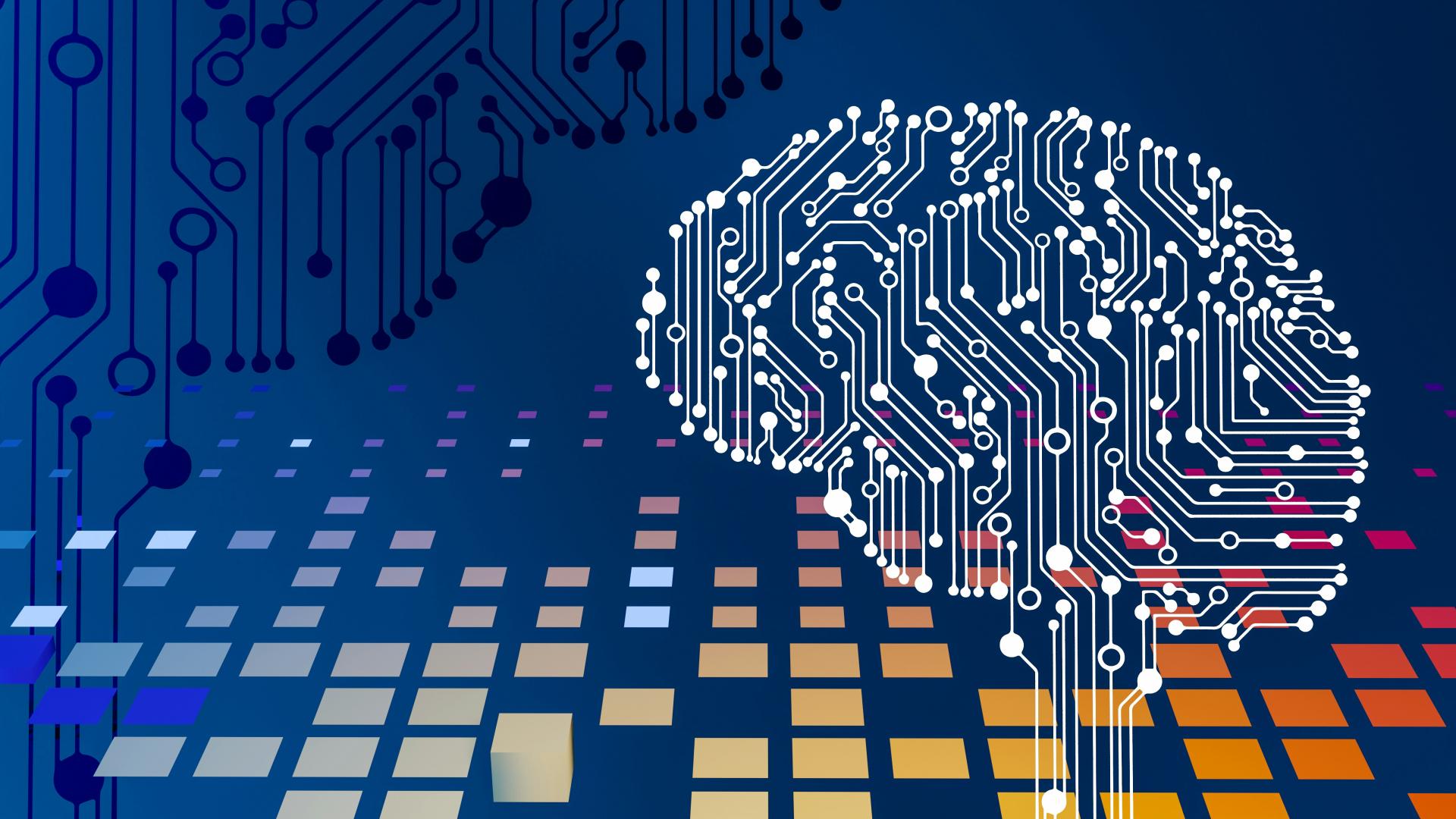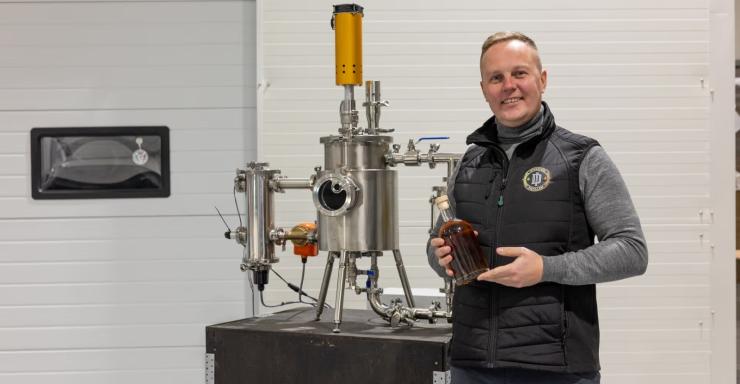What once seemed possible only in science fiction films—moving objects with the power of thought - is becoming a reality. IT researchers at the Turība University of Business have developed an innovative artificial intelligence (AI)-based software solution that enables people with mobility impairments to operate a computer using only their thoughts. This technology opens up new possibilities for accessible work environments for individuals with limited physical mobility. The new solution has also recently been granted a patent.

Similar to electroencephalography (EEG) technologies used in medicine to detect low-frequency brainwaves during thought processes, the AI-based system functions by capturing brain signals, which are then analyzed and converted into 2D visualizations on a computer screen. The user can confirm these thoughts, effectively controlling the computer without physical interaction.
This is already the second solution of its kind developed by researchers at the Turība University. It complements a previously created text-generation program developed under the ERASMUS+ project INTUX, in which the Turība University led a partnership with organizations from Sweden, Spain, and Finland.
Dean of the IT Faculty, Assoc. Prof. Jānis Pekša, emphasizes: “This is a small but crucial innovation in making the work environment more accessible to people with various mobility impairments. We are currently working to enable the AI to recognize thoughts not only from a single type of brain activity but from different individuals as well.”
The software focuses on detecting specific thoughts without emotional bias and is tested independently of a user’s health condition or overall brain function. The main objective is to promote the visualization of thoughts and their practical application in daily life.
The INTUX project marks an important step forward in the development of inclusive technologies and societies, where the workplaces of the future can be accessible to everyone - regardless of physical limitations.
Turība’s IT Faculty has also demonstrated strong research and innovation activity. Since 2023, it has received three patents for its inventions. The first is a new automated indoor climate control system capable of adapting to changing conditions to maintain an ideal microclimate. The second is a pioneering IT control system for a unique device in Latvia that reads low-frequency brainwaves and enables the user to control a device’s movements in various directions - bridging technology and the human mind.


